
- Posted
- Categories
-
- OpenSAFELY
Earning and maintaining trust: PPIE and more
How we engage with patients and the public, as published in our booklet, “The past, present and future of OpenSAFELY”
Latest news and views from around the Bennett Institute

How we engage with patients and the public, as published in our booklet, “The past, present and future of OpenSAFELY”
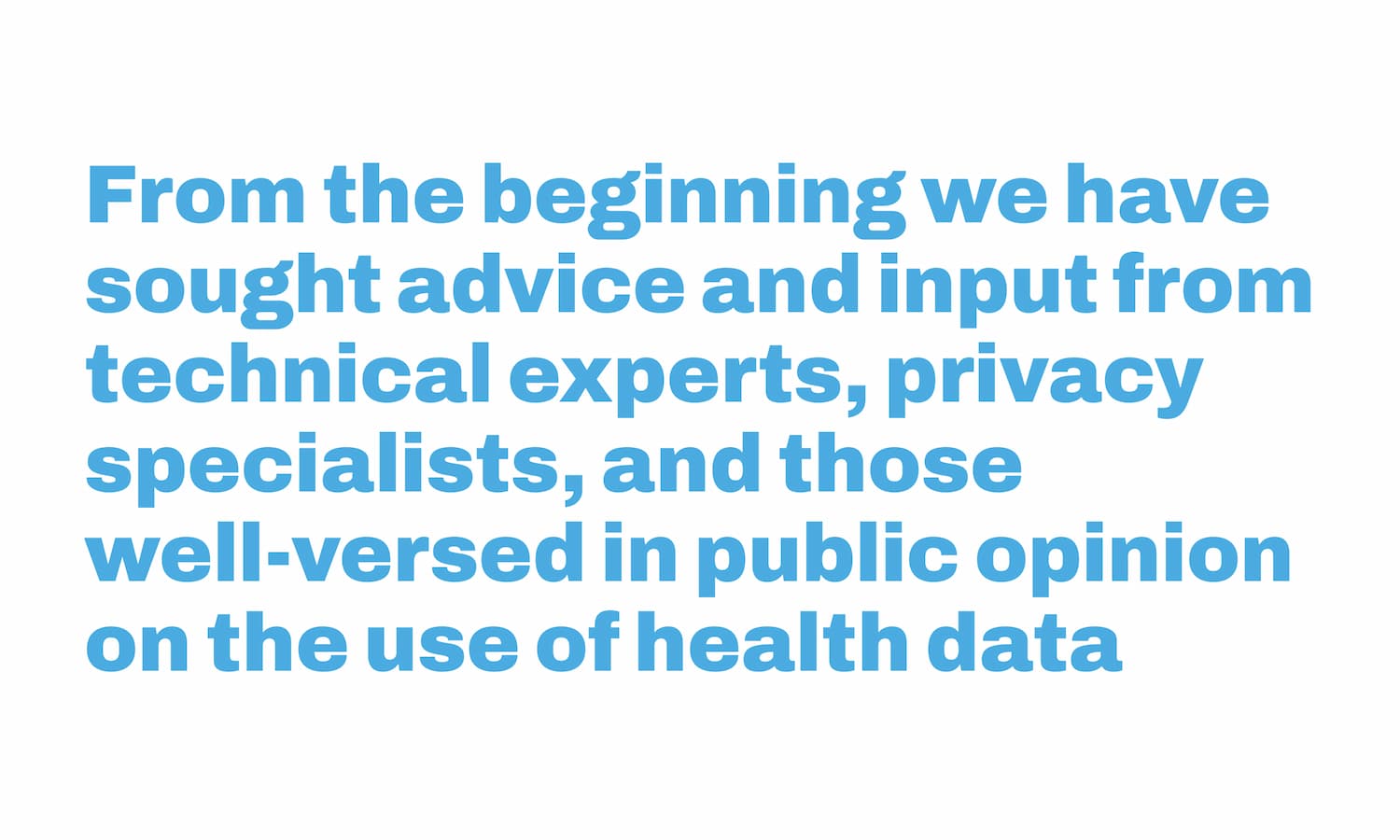
A brief review of information governance, as published in our booklet, “The past, present and future of OpenSAFELY”

An explanation of the Submission History feature on OpenPrescribing Hospitals
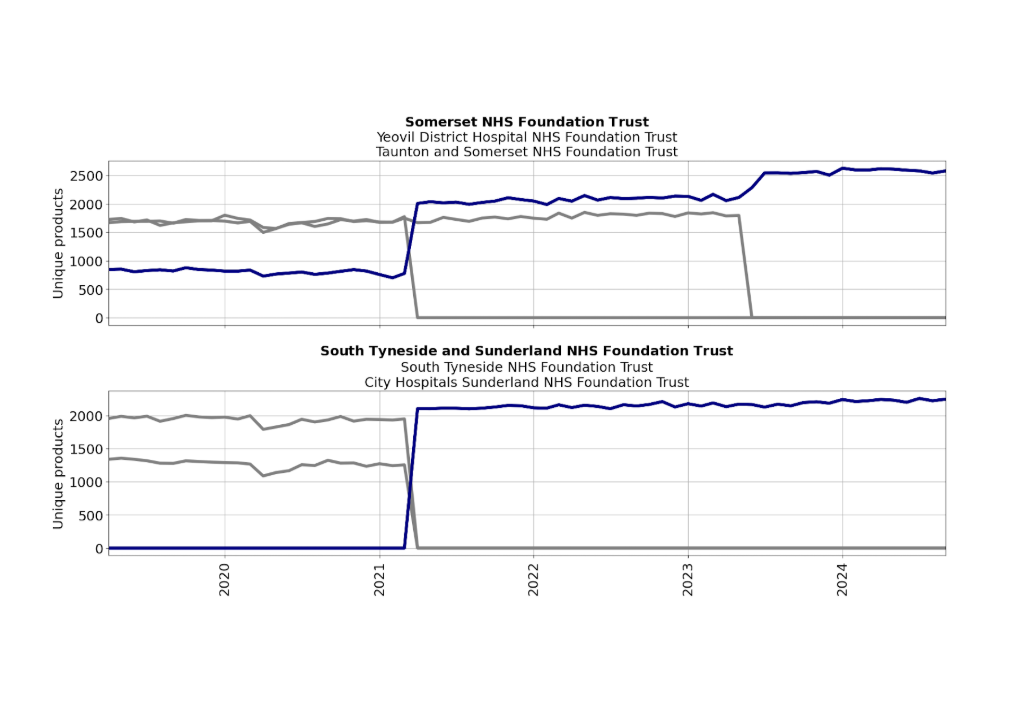
The third blog in the series: Organising Organisations. Here, we describe how consistent the data submitted by NHS Trusts to the Secondary Care Medicines Dataset is

The second blog in the series: Organising Organisations. Here, we describe how complete the data submitted by NHS Trusts to the Secondary Care Medicines Dataset is
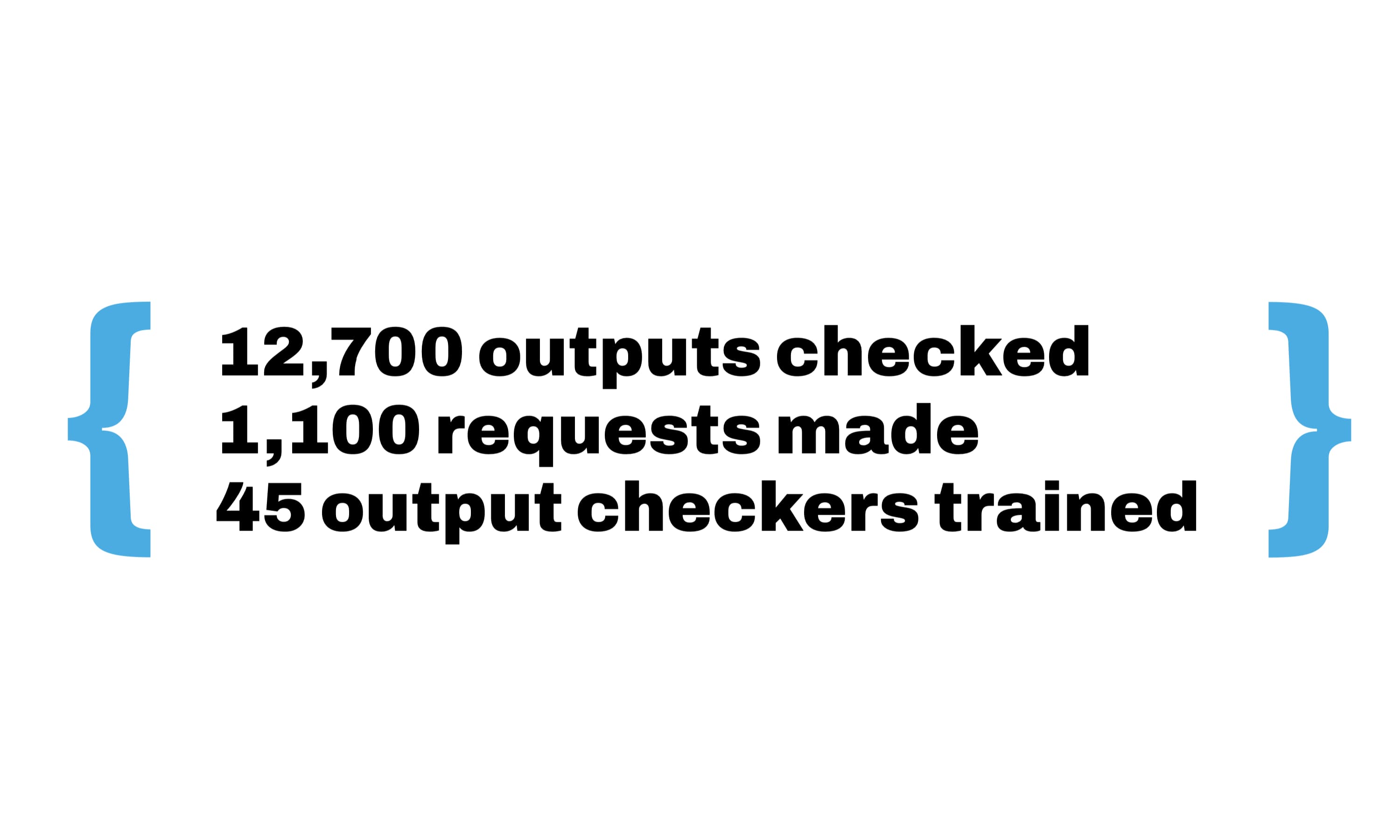
A brief look at our output checking service how it works, and why it’s necessary. As published in our booklet, “The past, present and future of OpenSAFELY”

The first blog in the series: Organising Organisations. Here, we describe which NHS Trusts are included in the Secondary Care Medicines Dataset and how they can be identified
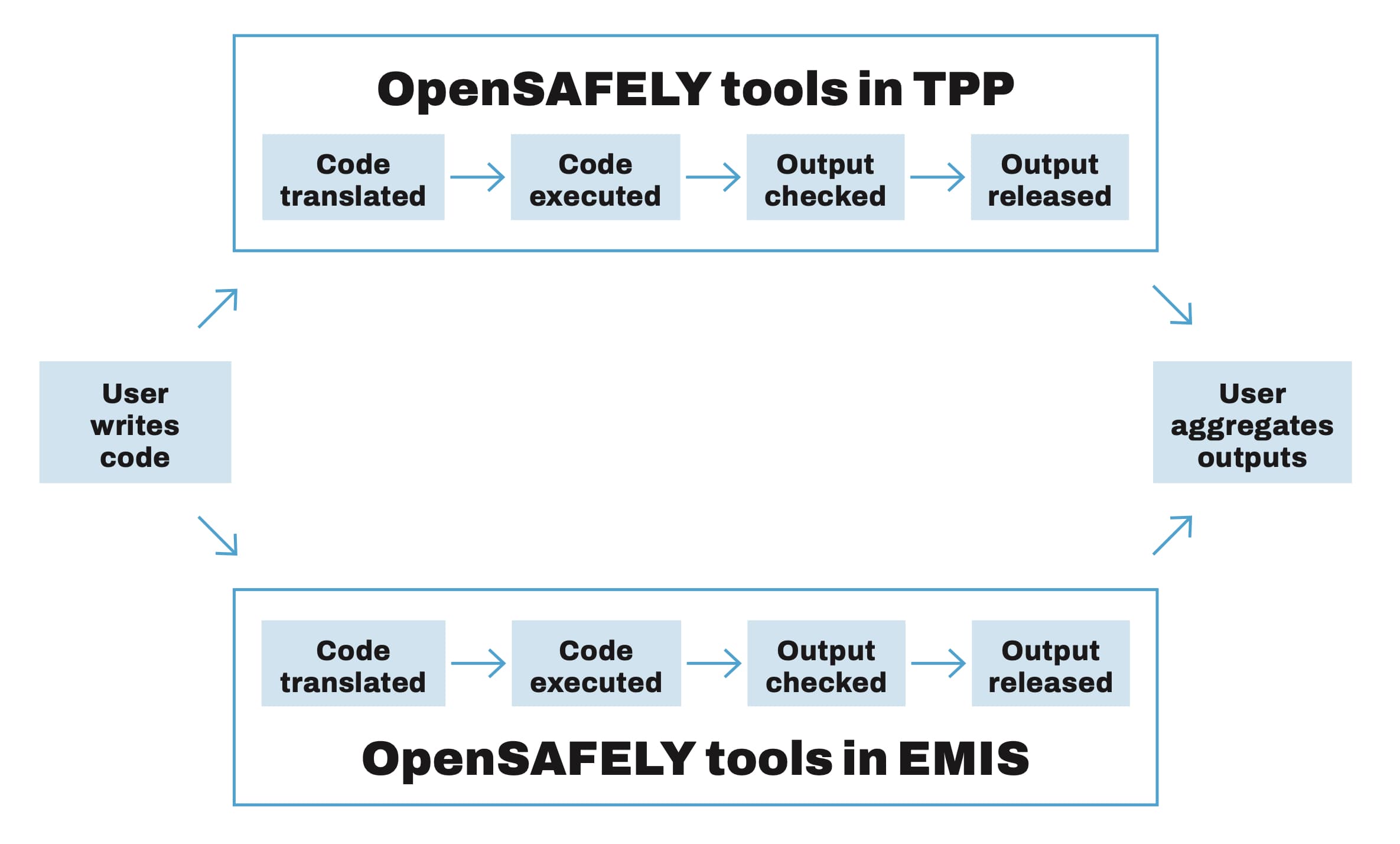
A brief look at how we enable federated analytics, as published in our booklet, “The past, present and future of OpenSAFELY”
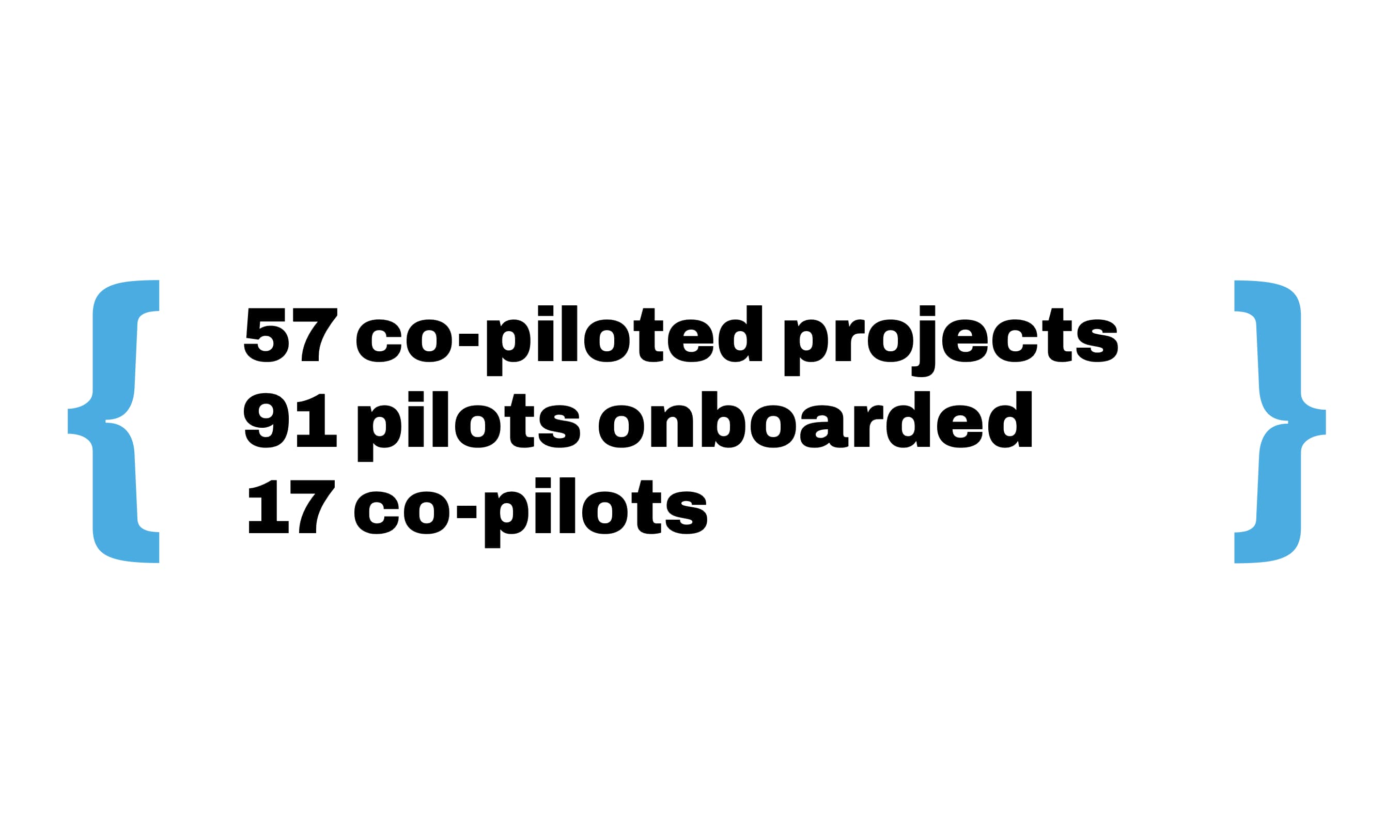
A brief overview of our co-piloting programme, as published in our booklet, “The past, present and future of OpenSAFELY”
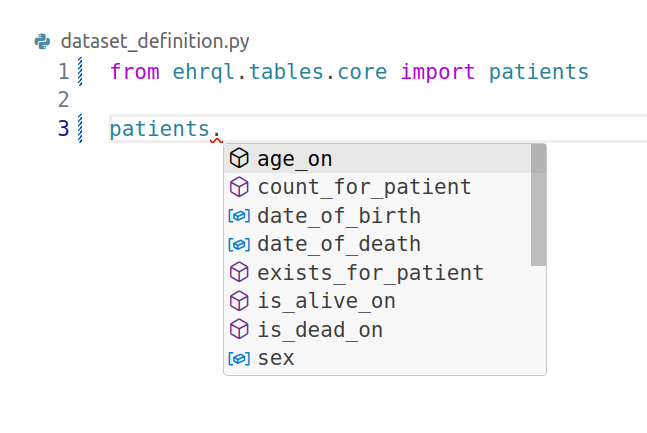
We’ve greatly improved autocomplete when writing ehrQL. But how on earth do you test it automatically?

Here we describe how to access and use the Low Value Prescribing dashboard on OpenPrescribing.

A brief overview of OpenSAFELY, as published in our booklet, “The past, present and future of OpenSAFELY”
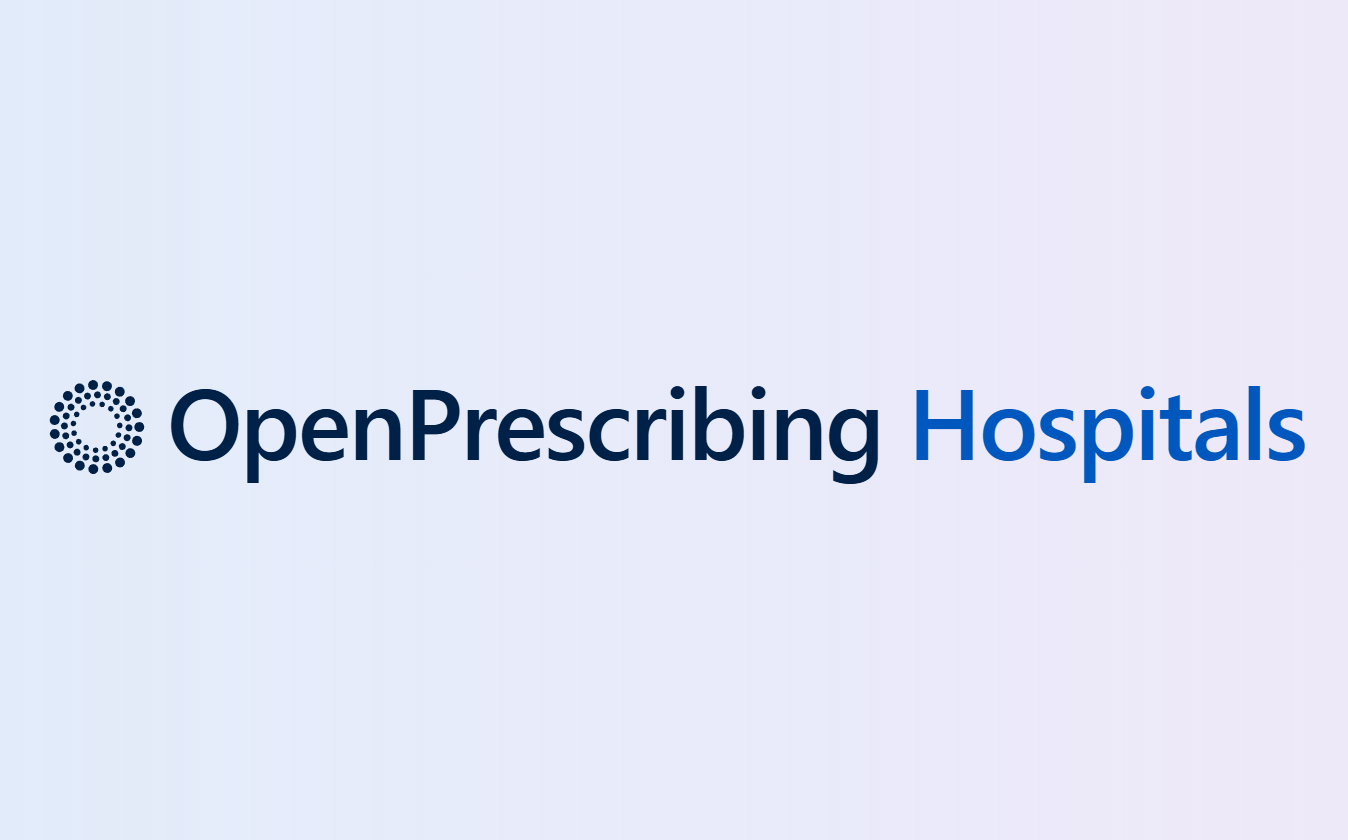
We’re going to build OpenPrescribing for hospitals using openly available secondary care medicines data. Here we explain why and what you can expect.

We produced a little printed book, “The past, present and future of OpenSAFELY”. This post is the first in a series, in which we’ll re-produce the book on the web.

Our new tool for viewing and releasing outputs

2024 was another extraordinary year for the Bennett Institute for Applied Data Science. There’s so much to celebrate as we head into 2025, which promises to be more extraordinary still.

Bennett research integrity lead, Nick DeVito, on the encouraging words about code sharing that Kamran Abbasi delivered at our recent OpenSAFELY Community Symposium.

We’re launching a new project to explore migrants’ health using OpenSAFELY and we’d love to hear from you.